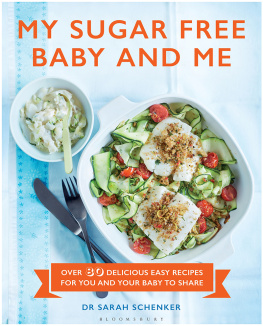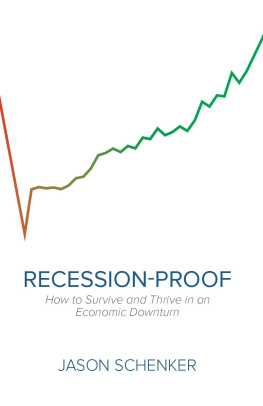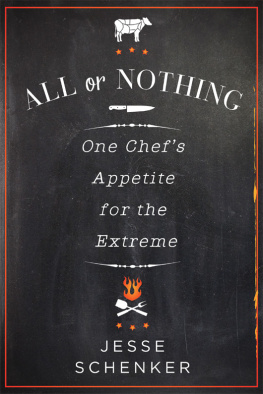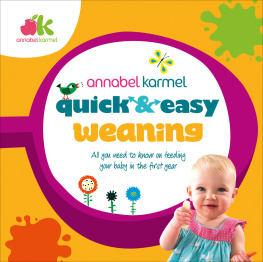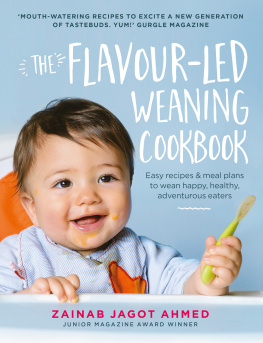

Bloomsbury Publishing, an imprint of Bloomsbury Publishing Plc
| 50 Bedford Square | 1385 Broadway |
| London | New York |
| WC1B 3DP | NY 10018 |
| UK | USA |
www.bloomsbury.com
This electronic edition published in 2017 by Bloomsbury Publishing Plc
BLOOMSBURY and the Diana logo are trademarks of Bloomsbury Publishing Plc
First published 2017
Dr Sarah Schenker, 2017
Photos Adrian Lawrence Photography, Getty Images, Guy Baker and Liz Dvorkin (for individual page credits, please contact the publisher)
Food styling by Emily Kydd
Dr Sarah Schenker has asserted her right under the Copyright, Designs and Patents Act, 1988, to be identified as the Author of this work.
All rights reserved
You may not copy, distribute, transmit, reproduce or otherwise make available this publication (or any part of it) in any form, or by any means (including without limitation electronic, digital, optical, mechanical, photocopying, printing, recording or otherwise), without the prior written permission of the publisher. Any person who does any unauthorised act in relation to this publication may be liable to criminal prosecution and civil claims for damages.
The information contained in this book: a) is not intended to be, nor is it to be treated as, a substitute for specialist professional medical advice; b) is provided by the author and publishers as part of a reference publication only; and c) is to be used for general information and advice purposes only.
The author and publishers have i) endeavoured to ensure that the information contained in this book is accurate and correct at the time of going to press; but ii) make no representations or warranties of any kind, express or implied, about the completeness, accuracy, reliability, suitability or availability with respect to this book.
If you have any medical concerns about your child we urge you to consult your health visitor or GP as soon as possible.
British Library Cataloguing-in-Publication Data
Library of Congress Cataloguing-in-Publication data has been applied for.
ISBN: 978-1-4729-3900-5 (HB)
ISBN: 978-1-4729-3901-2 (eBook)
ISBN: 978-1-4729-3902-9 (ePDF)
Design and illustration by Louise Turpin
To find out more about our authors and their books please visit www.bloomsbury.com where you will find extracts, author interviews and details of forthcoming events, and to be the first to hear about latest releases and special offers, sign up for our newsletters.
CONTENTS

COOK'S NOTES
MEASUREMENTS
All spoon measures are rounded unless otherwise stated
1 tbsp is 15ml
1 tsp is 5ml
If you prefer to work in ounces:
1oz is 25g
A pinch is approximately of a tsp
A handful of herbs or leaves is approximately 25g
OVENS
All recipes were tested in a conventional oven. If using a fan-assisted oven, set the temperature 10 C lower than stated in the recipes.
INGREDIENTS
Use low salt stock cubes or gels.
Use relatively fresh jars of spice, although they last for ages they lose a lot of their flavour the older they are.
Use medium-sized eggs unless otherwise stated and when baking, remember to use room temperature eggs.
Use grass fed cows butter or you can substitute butter for coconut oil if you prefer.
Use either olive or rapeseed oil unless otherwise stated. Rapeseed oil has a more delicate flavour.
If using dried pulses (beans, chickpeas and lentils) soak overnight or for at least 8 hours.

STARTING SOLIDS

Parents know that one of the best ways to give a baby a great start in life is with wholesome homemade foods. While ready made food is a convenience that any new parent can appreciate, feeding everyday fresh foods is the best way to teach a child healthy eating habits and a love of good food from the very beginning.
whitespace
STARTING SOLIDS
As the mum of two lovely young boys I have been through the fun and antics of weaning twice, and as a dietitian I have helped and advised numerous new parents on weaning their babies. Many challenges can arise during this process and it is understandable to feel anxious or need some reassurance. This book is here to guide you through your weaning journey, making it fun, easy and above all healthy for both your baby and you.
Starting solids is one of the great milestones of your babys first year of life. It is one of those subjects that everyone has an opinion about, along with the best wipes to use and whether your baby ought to be crawling by now.
One of the biggest questions is when to begin. Just a generation or two ago, babies were commonly started on solid foods at the tender age of 6 weeks, so dont be surprised if you hear that from a well-meaning grandma. The advice has changed, and experts now recommend exclusive breastfeeding (or formula feeding) for at least 17 weeks. This is because your babys gut and the immune system are still somewhat under-developed at this stage. Some experts recommend that solids shouldnt be given until a baby is six months old, others say that it is acceptable to offer foods a little earlier, at four months, but warn that early introduction of foods has been linked to food intolerance, diabetes and obesity.
Parents often worry that their baby needs more to eat than just milk or formula before the age of six months, and a baby going through a growth spurt can certainly seem ravenous. But babies can usually thrive this long on a liquid diet alone. In fact, breast milk or formula should make up the majority of a babys diet until his first birthday. Until then, rather than supplying your babys primary source of nutrition, feeding solids is a way for parents to let their baby explore a world of new tastes, textures and temperatures; practise the skills of eating; and learn to enjoy and appreciate the social aspects of mealtimes.
No two babies are the same and ultimately you should follow your instincts about when to offer your baby his first taste of solid food. While I dont advocate starting on the very day he turns four months, I also dont think that waiting until the six-month mark is the right thing to do if all it does is cause misery and anxiety. Both of my boys started on solids aged around five to five-and-a-half months as they were showing clear signs that they were interested in food. If you are unsure your baby is ready, then leave it a little longer. A hungry growing baby may just need additional feeds, and first solids are not designed to fill him up. You may very well find that the first time you offer baby a mouthful of mashed banana they turn away or spit it out (he may be more interested in playing with it), in which case you can leave it for a few days and try again .


